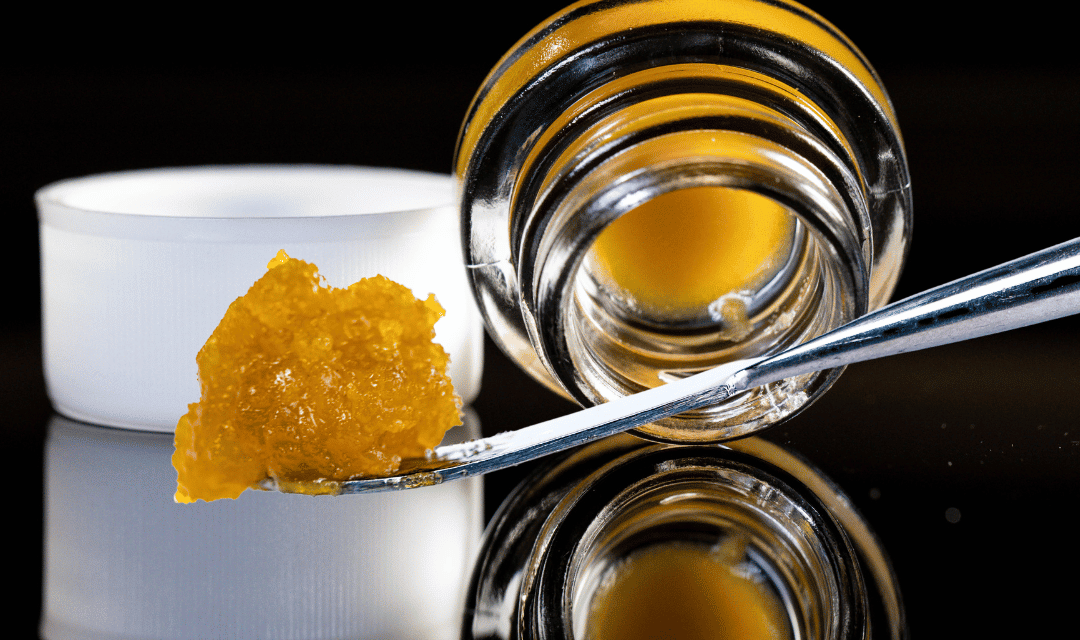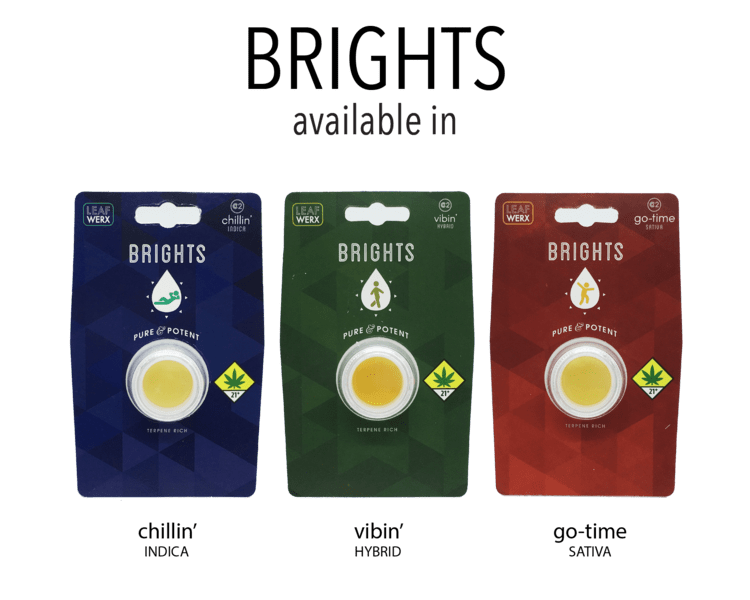Rosin vs resin presents a timeless debate. It begins upon understanding they are actually two different things. Rosin extractions derive from low to medium heat applied with high pressure. In this process, the essential oils of the plant, along with the liquified lipids, ooze out at high pressure. Fully separated, the essential oils removed from the cellulose plant matter. Resins, on the other hand, derive from different methods of solvent based extraction methods.
Is Rosin better than Resin?
So, Rosin avoid solvents to obtain these terpene rich essential oils. Whereas, resin always involves extraction via a solvent. However, solvents also oftentimes work best with additional pressure to extract optimal yield too. In terms of which is better, user discretion and understanding makes all the difference for personal preferences.
Solvents Used For Cannabis Extractions
Solvents fall under a few categories. Hydrocarbon based solvents like pentane, butane, propane are used. Also, various types of alcohol and ethanol break down the cannabinoids for extraction. Finally, CO2 offers a method for extraction which also uses pressure and temperature as well. Each solvent acts uniquely, so their differences provide a range of options.
Efficiency Of Solvents For Extracting Resin
The type of solvent depends on the processor. Some solvents work more aggressively to create higher yields. While others may yield less, but provide a wider spectrum of the terpene profile. Also, solvents might also work in tandem. For example, butane extractions that are then “winterized” with ethanol to remove the lipids and chlorophyll. Ultimately, the processor balances yield, purity, efficiency of extraction, cost of extraction, and of course potency. Methods might have similarities, but each “recipe” for solvent extraction has its advantages and disadvantages.
The Pros And Cons of Rosin vs Resin
Everything depends on the intended goal. Higher THC concentrations? Wider terpene profile? Higher yield? Health concerns? The market demand dictates and the processors heed the call. In terms of potency, resin allows higher THC levels through greater distillation and refinements. For the full entourage effect of the terpenes then rosin provides most of the terpenes intact. However, all methods of extraction impact the terpenes.
Which Extraction Method Is Best For Terpenes?
In the case of solvent extractions, depending on how aggressively the hash oil is refined impacts the terpenes. The more refined, the greater the necessity to add terpenes back into the final product. At various points in the process, terpenes separate out. This is done intentionally through “fractional distillation”. The terpenes get added back, but of course they process alters them slightly as a result. If you ever tasted a candy made with “natural fruit flavors” for example, then wondered why it didn’t exactly taste like the intended fruit, now you know why. Without the full range and balance of terpenes, the flavor becomes an approximation.
The Terpenes In The Rosin vs Resin Debate
So, if you want the closest thing to full spectrum of the plant’s terpene and cannabinol profile, and don’t mind the slight reduction of potency, then rosin is the way to go. If you want the highest THC potency, then resins make sense. One thing to keep in mind, always check test results for resins to know how many PPM (parts per million) of residual solvent exist. This demonstrates how well the end product has been purged.
Health And Wellness
Anyone with respiration issues should best avoid resins. While even driving in traffic involves breathing a certain ppm of hydrocarbons for example, excessive dabbing of resins may have negative long term effects.
By the same token, also make sure to inspect if a product derives from pesticide free plant materials, since those impact rosins as well.





